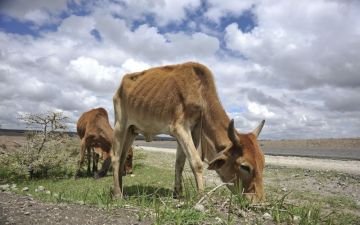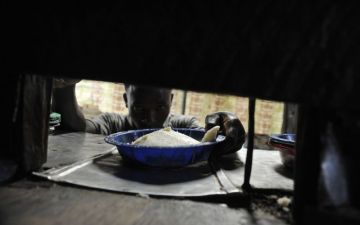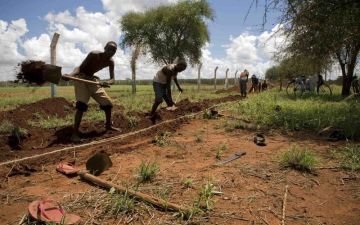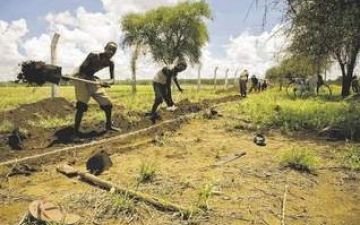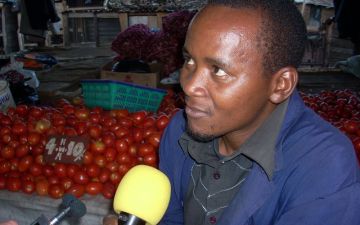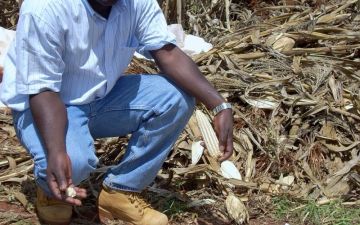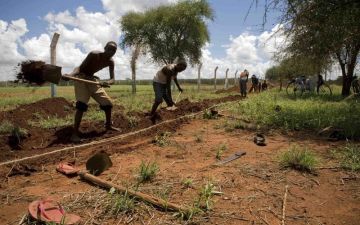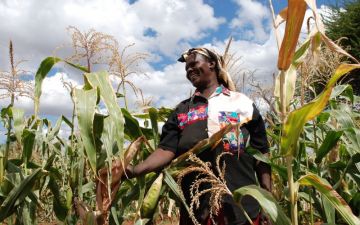Kenya: Officials Warn of Food Shortage
Kenyans woke to a warning in the nation's largest newspaper, the Daily Nation, that the country could face "an unprecedented food crisis" next year because of the drought that still plagues the Rift Valley and other regions. The problem is that the rainy season is ending without the precipitation expected when farmers planted in October. The Kenyan government provided a billion shillings, or about $13 million, in farm inputs to encourage the October planting, according to the newspaper.
